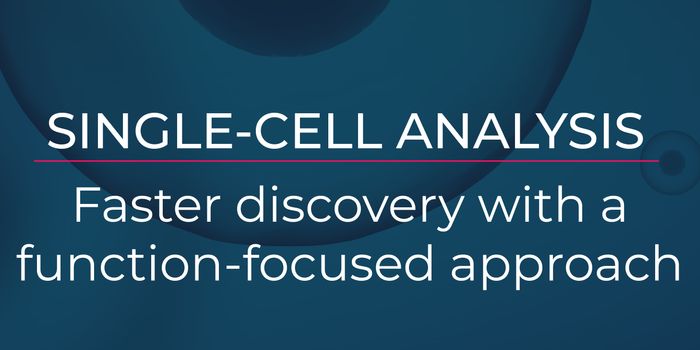Parkinson's Drug Causes Iron Deficiency, Disrupts Microbiome
Parkinson’s drug, entacapone, induces iron deficiency, which alters the gut microbiome and triggers the growth of potentially harmful bacteria like E. coli, reports a new study. The findings mean that supplementing iron selectively to the gut may reduce drug side effects, and support treatment. The corresponding study was published in Nature Microbiology.
That antibiotics can alter the human gut microbiome is widely known. A growing body of research, however, shows that a broad range of human-targeted drugs also affects the microbiome.
Studies have found that drugs targeting the nervous system, such as antipsychotics and antidepressants, have a particularly strong effect on gut bacteria compared to other tested drug classes. This has raised alarm given the drugs' widespread use, and the growing number of studies implicating the microbiome in neuropsychiatric disorders.
In the current study, researchers examined the effects of entacapone and loxapine, a schizophrenia drug, on fecal samples from healthy human donors. They incubated the samples with therapeutic concentrations of each drug and then analyzed their effects on microbial communities through advanced molecular and imaging methods, such as heavy water labeling combined with Stimulated Raman Spectroscopy (SRS).
Ultimately, the researchers found that both drugs- but especially entacapone- severely inhibited many strains of bacteria. E. coli considerably expanded in samples exposed to entacapone. The results were even more significant when examining microbial activity, and not abundance alone.
From further experiments, the researchers found that adding iron to fecal samples containing entacapone counteracted the drug’s microbiome-disrupting effects.
“By showing that entacapone induces iron deficiency, we have uncovered a new mechanism of drug-induced gut dysbiosis, in which the drug selects for E. coli and other potentially pathogenic microbes well adapted to iron limiting conditions,” said study author Michael Wagner, scientific director of the Excellence Cluster and vice-head of the Centre for Microbiology and Environmental Systems Science (CeMESS) at the University of Vienna, in a press release.
The findings open research avenues for understanding how other human-targeted drugs may affect the gut microbiome. Numerous drugs contain metal-binding catechol groups like entacapone, meaning that the mechanism may be a common pathway for drug-induced disruptions of the microbiome.
The findings also provide an opportunity to reduce the side effects of drugs like entacapone. Ensuring sufficient iron availability to the large intestine may be a means to reduce dysbiosis and gastrointestinal issues that often arise from treating Parkinson's disease.
"The next step is to explore how we can modify drug treatments to better support the gut microbiome. We are looking at strategies to selectively deliver iron to the large intestine, where it can benefit the microbiome without interfering with drug absorption in the small intestine," concluded Wagner.
Sources: Neuroscience News, Nature Microbiology









